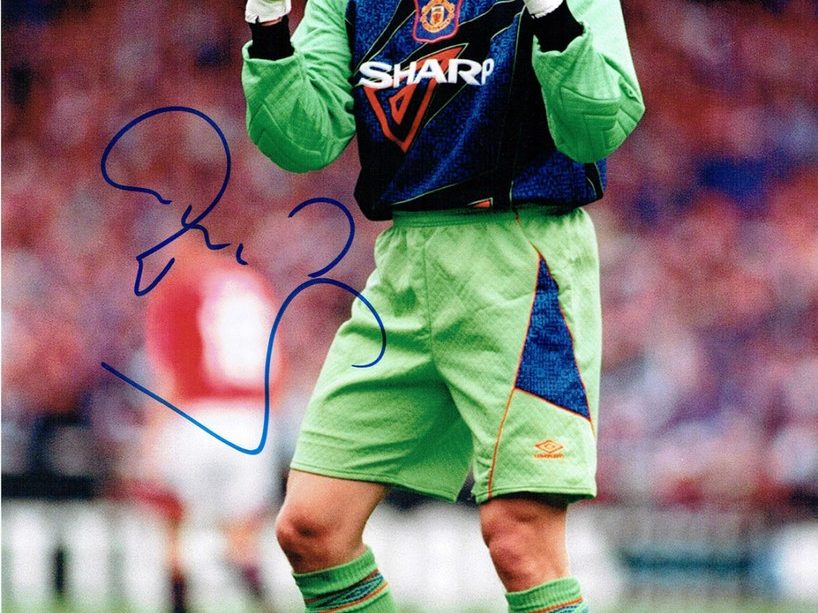The Impact of Peter Schmeichel on Football

Introduction
Peter Schmeichel, a name synonymous with goalkeeping excellence in football, has left an indelible mark on the sport’s history. His contributions as a player, particularly during the 1990s, set new standards for goalkeepers globally, making him an enduring figure in both club and international football. With a career highlighted by key accomplishments, Schmeichel’s journey illustrates the evolution of goalkeeping and the increasing importance of this position within the game.
Career Highlights
Born on November 18, 1963, in Gladsaxe, Denmark, Schmeichel rose through the ranks to become one of the most formidable goalkeepers of his time. He began his professional career at B 1903 Copenhagen but gained prominence at Brøndby IF. His skills caught the attention of Manchester United, where he joined in 1991. During his eight years with the club, Schmeichel played a pivotal role in their dominance in English football. He helped the team secure five Premier League titles, three FA Cups, and famously, the UEFA Champions League in 1999. His commanding presence in the penalty area and remarkable shot-stopping ability earned him the nickname ‘The Great Dane.’
Beyond his club success, Schmeichel was also a crucial player for the Denmark national team. He played a vital role in Denmark’s surprising victory at the UEFA Euro 1992, further solidifying his status as a footballing legend. Schmeichel’s performances not only contributed to his team’s success but also inspired future generations of goalkeepers.
Legacy and Influence
Schmeichel’s impact extended far beyond his playing days. His approach to goalkeeping has influenced modern practices, highlighting the necessity for goalkeepers to be adept with their feet and capable of playing out from the back. Following his retirement, Schmeichel ventured into punditry and coaching, sharing his wealth of knowledge with aspiring footballers and fans alike. His son, Kasper Schmeichel, continues the family legacy, becoming a celebrated goalkeeper in his own right, winning the Premier League with Leicester City in 2016.
Conclusion
Peter Schmeichel’s remarkable career has had lasting implications for the world of football. He not only set benchmarks for goalkeepers but also transformed the perception of the position. As future players continue to evolve their games, Schmeichel’s influence remains evident, serving as a testament to his pivotal role in shaping modern football. His legacy is not just in the trophies won, but in the inspiration he provides to current and future generations of goalkeepers worldwide.









